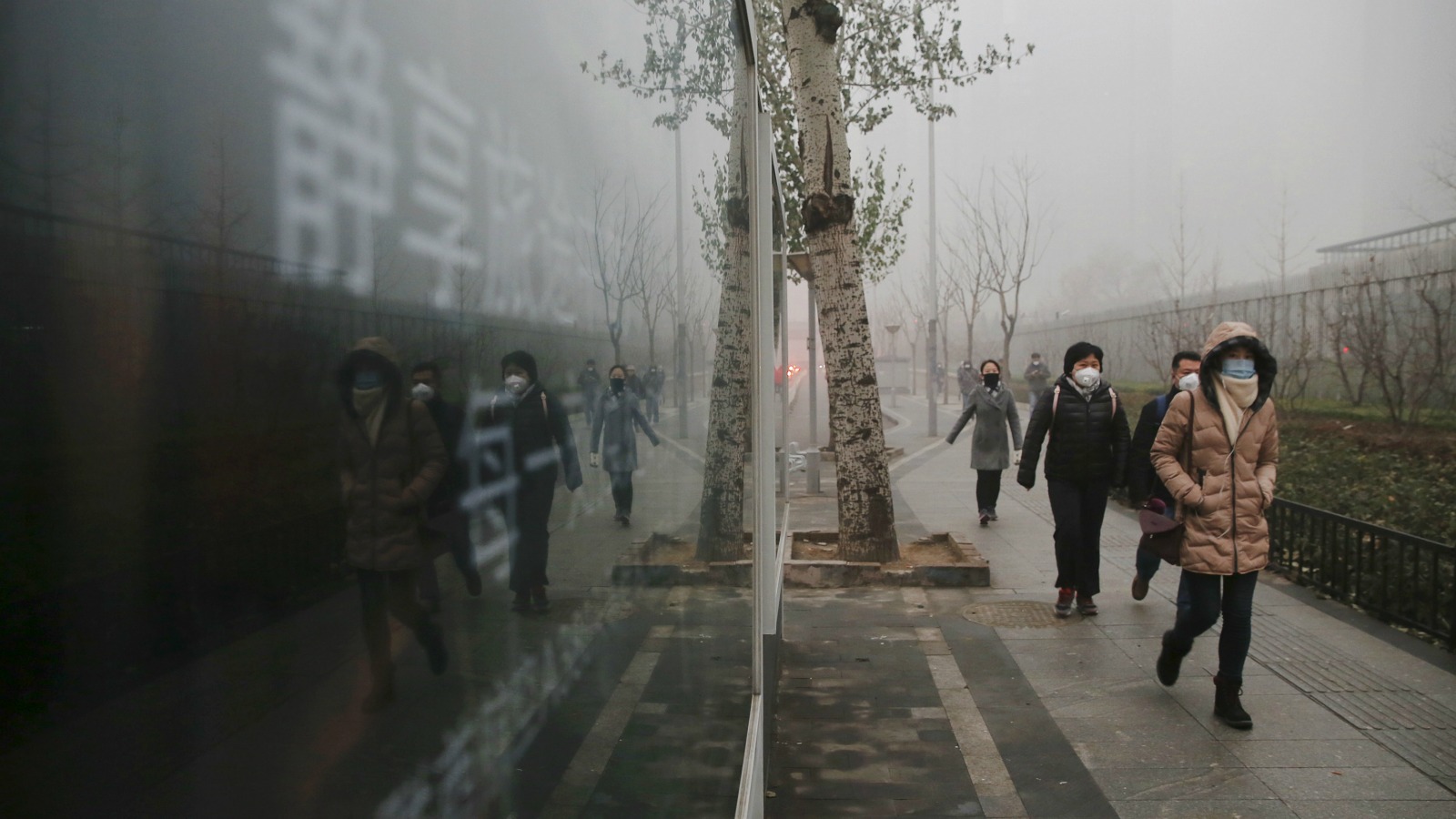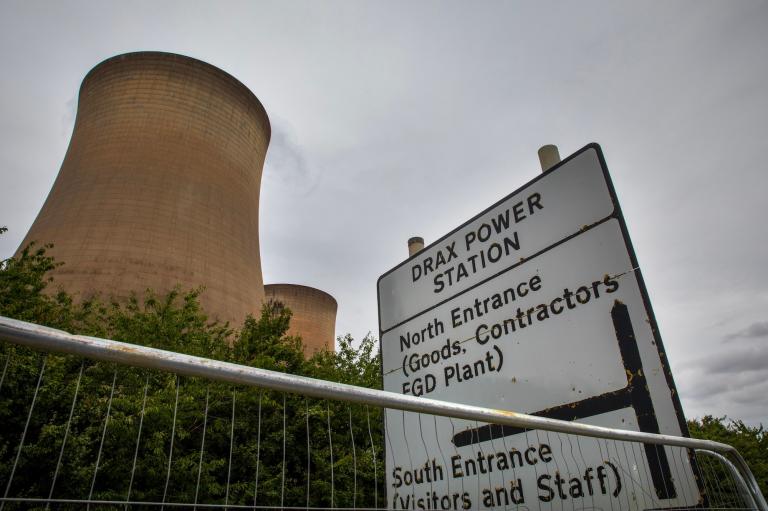In the words of Charlie Brown: Good grief.
The Independent reports that a restaurant in Beijing has started charging patrons extra for fresh air after installing filtration equipment. This may seem crazy, but when you see photos of the smog blanketing the city, you’ll understand why.
From The Independent:
A charge of one yuan per customer was added to the food bill, about 10p or $0.15. Customers complained to the local government, who ordered the restaurants owners to halt the illegal charge.
A city official told Xinhua news agency that it was not the diners’ choice to breathe filtered air and therefore it could not be sold as a commodity.
However, the charge was supported on social media, where many said they would happily pay one yuan to be able to breathe easily.
On Weibo, China’s version of Twitter, one user said: “They could have added the extra one yuan to the price of the dishes but they didn’t … there is nothing wrong with charging this extra fee. The kind of dining environment decides the kind of pricing.”
The apocalyptic levels of smog in China have led to other unexpected consequences: After Beijing issued its first-ever red alert for air quality in early December — which advised residents to stay indoors — sales of not just face masks, but bottled air and condoms have spiked. Glad to see Beijingers using their time wisely.
While air quality in much of the west and Japan has improved over recent decades, it’s only getting worse in China. Why? A little thing called nitrogen dioxide, which is emitted when we burn fossil fuels in our cars, planes, and smokestacks. And China has a lot of smokestacks.
NASA recently mapped changes in air quality from 2005 to 2014 and found — surprise! — that pollution improves when governments control emissions from industry, power plants, and cars.
“These changes in air quality patterns aren’t random,” said NASA researcher Bryan Duncan. “When governments step in and say we’re going to build something here or we’re going to regulate this pollutant, you see the impact in the data.”
Someone better tell China.




